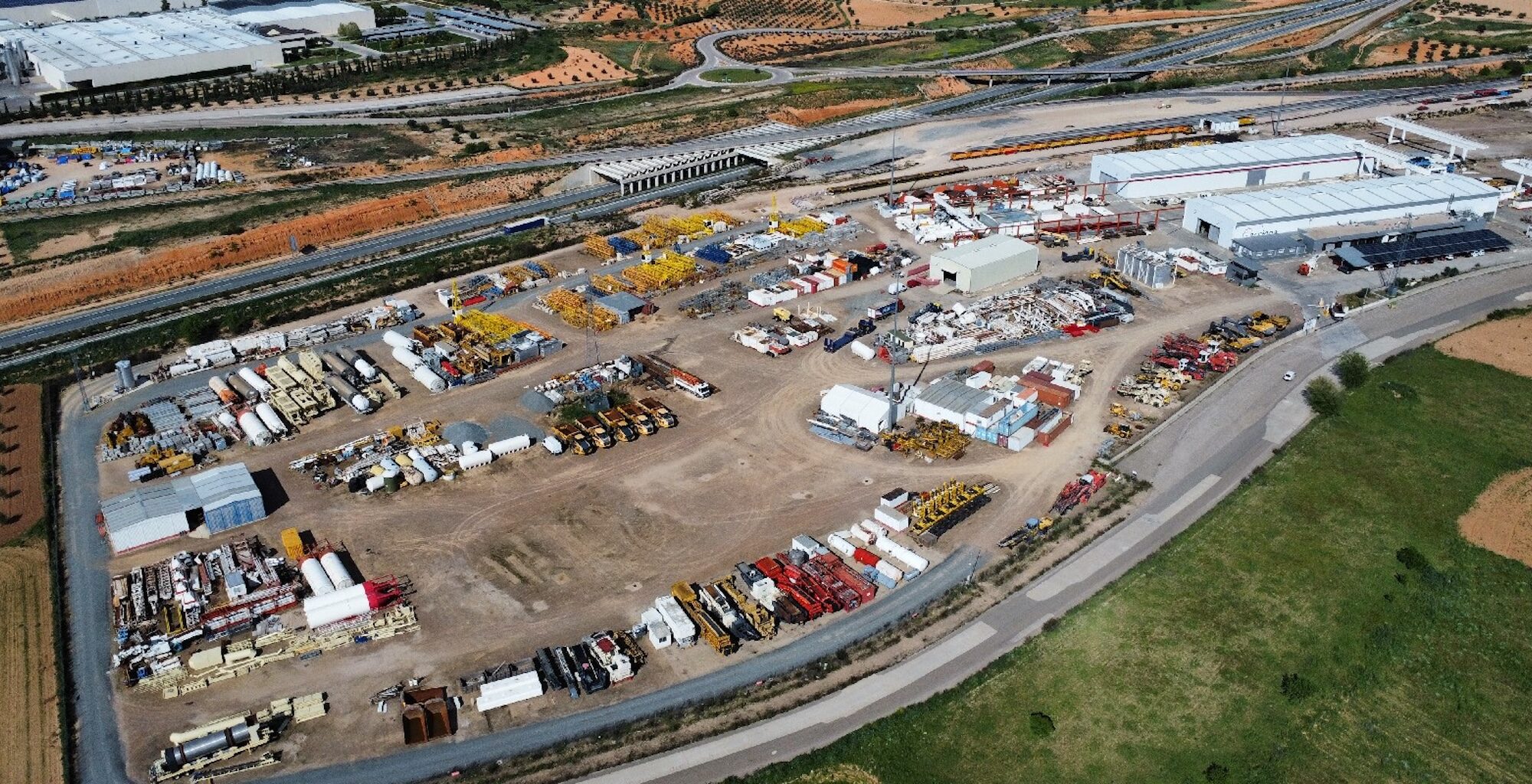ACCIONA has become the first Spanish company to decarbonize its main machinery hub, located in Noblejas (Toledo), by using renewable biofuel to power its heavy machinery and introducing electric equipment for lighter duties.
HVO biofuel for heavy machinery
The company uses HVO (Hydrotreated Vegetable Oil), a renewable biofuel produced from waste vegetable oil that can reduce CO₂ emissions by 90% compared to conventional fossil fuels. This solution is particularly suitable for heavy civil-works machinery, where electrification still faces technical limitations.
ACCIONA has also progressively incorporated lower-tonnage electric machinery, combining both technologies according to operational needs.
Solar electricity for the facilities
The Noblejas machinery hub is powered by a 100 kWp photovoltaic installation, making it an international benchmark for decarbonizing construction.
Proven results on site
The first use case of this renewable biofuel on ACCIONA worksites was the construction of the Fargo–Moorhead anti-flood channel in the United States, where around 3,700 tons of CO₂ were avoided between 2023 and 2024.
This initiative is part of ACCIONA’s 2025 Sustainability Master Plan and is funded by its Decarbonization Fund, strengthening the company’s commitment to emissions reduction and the fight against climate change.

